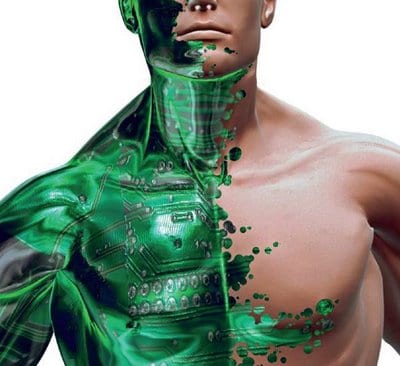
Factory Jobs: Is the End Near?
There is a new trend in play, and American Manufacturing jobs might be lost forever as businesses embrace automation. Robots can work faster, longer, and don’t complain, so it is a no-brainer for most businesses as they seek to improve efficiency and lower costs. Add, in fact, that if anything goes wrong, you don’t have to worry about a multi-million dollar lawsuit, and the draw becomes almost irresistible.
This is a new trend, and once a trend is in motion, nothing can stop it. Attempts will be made to slow it down, but they will all fail. A business that refuses to adapt will go under as its competition will be able to produce products at a faster and cheaper price. We advise you to start telling your kids to take up professions that can’t be easily automated. In that sense, the accountant, the bus driver, the janitor, the doorman, and many other jobs that can be easily replicated are all on the chopping block.
“Smartphones and online-to-offline apps give unskilled workers options for making a living that do not involve setting foot in developing market factories. Automation is making manufacturing activity cheaper and less labor intensive. Income inequality in developing markets will rise when work means competing against other unionizing.”
Bernstein’s central argument is that manufacturing jobs are effectively disappearing globally, replaced by robots. China is leading the way but the trend is global and it means promises made by politicians like Donald Trump to bring overseas industries back to America are unlikely to benefit working people generally.
‘China is not getting rid of the work. It is just getting rid of the workers.’
Parker and Moel’s argument hinges on Adam Smith’s Wealth of Nations, a key textbook for any economics course. To understand what they’re saying you have to understand what Smith said. Smith argued that: “If an individual, a company, or a country has an advantage in producing something, then that individual, company or country should specialize in producing that one thing, and trade for everything else,” Parker and Moel summarise.
But that bounce of labour could be coming to an end. Bernstein says: “China is taking a different approach when it comes to how to deal with the mismatch between high-cost employees and low-cost manufacturing. Specifically, China is not getting rid of the work (or not all of it). It is just getting rid of the workers.”
This investment is already filtering into fewer manufacturing jobs. Foxconn, a key manufacturing partner for Apple, Google, Amazon, and the world’s 10th largest employer, has already replaced 60,000 workers with robots. Full Story
China is spending more than any other nation when it comes to the field of robotics; it spends over 3.5 billion a year, which is almost twice the amount the US spends. China is planning ahead; they know that the days of the factory workers are numbered. More law is kicking in, and computing power is increasing frighteningly. Expect more fake news, as almost 30% of all articles are written by robot writers; in other words, software is doing the job. The news was always fake; people are making a big deal of it now, but that is a story for another day.
In this respect, even if companies come to the US, they are more likely to aim for automation than for hiring new employees. Unions pushing for higher minimum wages will be in for a shock. Fast food workers, Janitors, doormans, and a host of other jobs are going to be replaced by robots. Robots do not get sick; they do not complain, and they work fast all the time. When they break down, you service them, and they are up and running again. Those looking to make a moral argument will find that their argument falls on deaf ears. Years ago, we stated we had entered the era where everything is about money, and Tina Turner’s song “What’s Love Got to Do With It” will become the central theme.
Singularity
By 2025, there is a good chance we will hit the singularity, where machines are as smart if not more intelligent than humans; in two decades or so, one computer will be more intelligent than the entire human race. We are speaking of in general terms; there will always be those who do not think like the masses who are not part of the mindset that will be able to outthink machines, but that is a topic for another day. Regarding trends, individuals need to start looking for fields that demand creativity; creativity is not easily programmed. Any regular job is going to be up for grabs. In that sense, analyzing the markets and people will always be in demand; machines will pick up incomplete data by examining what the experts do, and they will only multiply the errors of the masses. Hence, as more computers are being traded, the opportunities for those who understand mass psychology will soar.
Other articles of interest
6 Fruits That Help Weight Loss (Dec 5)










